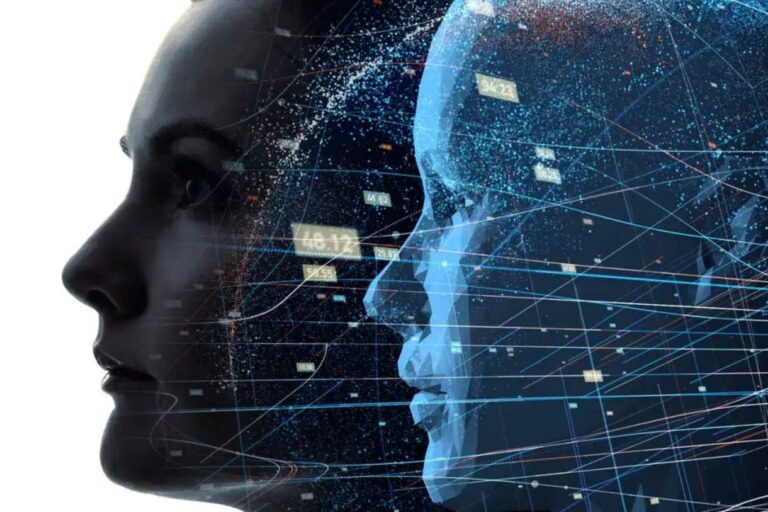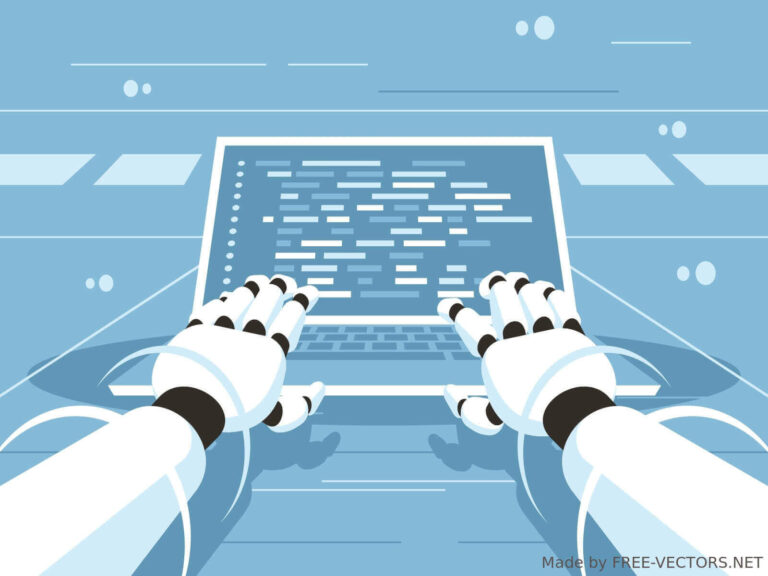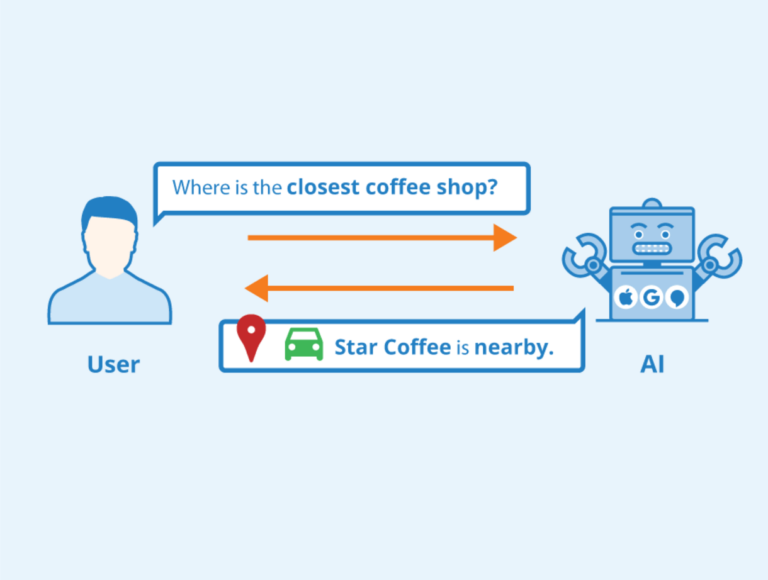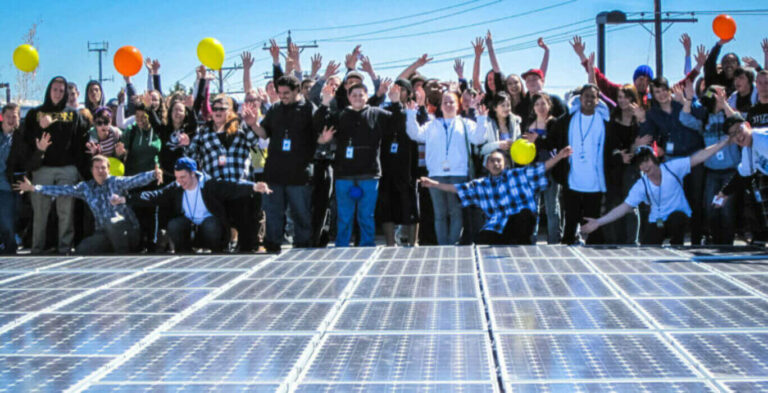Data Science: Everything You Need To Know
Looking to learn a bit more about data science and all its business potentials? Here is everything you need to know.
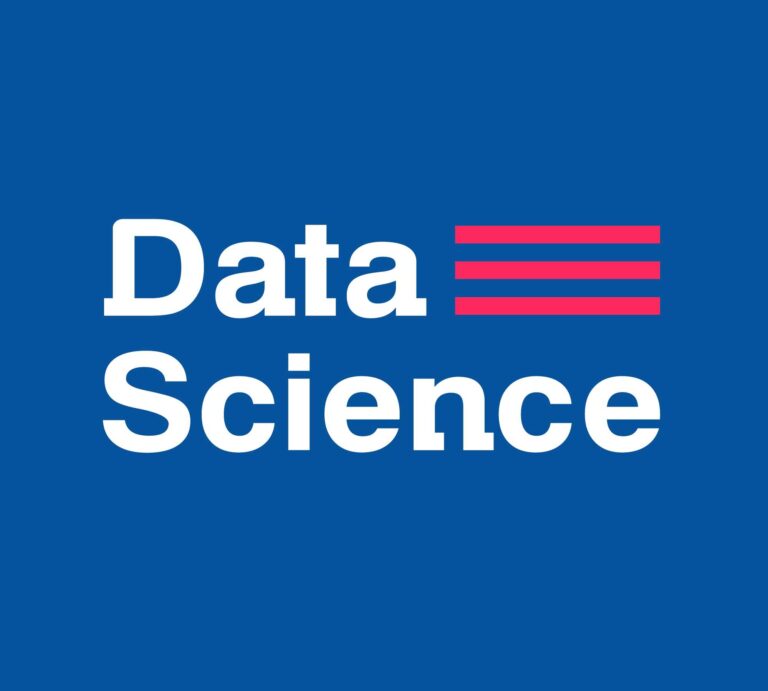
Data science is the field that gathers, stores, and analyzes information about things to gain valuable insights.
Companies have engaged in data-science activities for a long time, but the recent explosion in Internet user data and cheaper cloud infrastructure have created a boom in the industry.
Compared to similar disciplines, data science is relatively new and still evolving. So, it equally offers lots of hope as a career path for the future.
This post lists everything you need to know about data science and how it can benefit you or your company.
Why Data Science?
The demand for data scientists is constantly growing, so that is one good reason to get into the field. Another good reason is that data science pays relatively well, so you don’t need to bother much about your income.
Additionally, you can work as a data scientist across many sectors, so you are not limited to one industry. Simply apply your analytical skills to find patterns and examine performance from financial services to logistics, manufacturing, telecommunications, healthcare, and so on.
Applications of Data Science
Data science is a vast field that applies to many industries, so its potential applications are vast.
The following are the most popular of these data science applications:
- Fraud & Risk Detection – This was one of the earliest applications of data science. The collection and analysis of varying datasets made it possible for finance companies to better avoid and manage bad debt and losses. It also became possible to easily spot transactions that had a high possibility of being fraudulent.
- Healthcare – Data science is also employed in medical research to derive the connections between genetics, certain diseases, and their drug responses. It is also used in developing drugs by using model simulations to predict future drug outcomes.
- Image Recognition – This is another very popular application of data science. Image recognition refers to the identification of patterns in image data sets such as pictures and videos, and it offers many promising future applications.
- Search Engine – Data science also plays a big role in presenting the results you see from search engines such as Google and Bing. The algorithms used here compare billions of pages to find the best results for each search term. They can also track user clicks to better personalize the results over time.
- Logistics – Route optimization using data science can help companies to save a lot of money and lower operational costs.
- Recommendation Systems – This builds on data from all your past activity to try and predict the next best things that might be relevant to you. Recommendation systems are everywhere from Netflix to Spotify, Amazon, Twitter, and so on.
- Speech Recognition – Similar to image-recognition systems, speech recognition uses data science to enable machines to understand human speech.
- Advertising – Targeted advertising is only made possible by data science, as it bases on large amounts of user demographic and psychographic data.
Data Science Vs Statistics
Data science and statistics have a lot in common, however, there are quite a few differences between the two disciplines.
For starters, statistics is a mostly mathematical discipline, which aims to gather and interpret quantitative data. Data science, on the other hand, relies on a wide range of disciplines from mathematics to computer science, data banking, and so on.
Data science also deals with much larger data sets than statistics. Most statistical modeling happens with relatively small amounts of data, while data scientists often have to deal with large amounts of data that fit on multiple computers.
Finally, while statistics are mostly focused on concluding about the world from the data at hand, data science focuses mostly on deriving predictive meaning and optimizations from available data.
Data Science Vs Artificial Intelligence
Data science and artificial intelligence are two terms that often overlap. But while they are related, they are not the same.
Data science is a comprehensive approach to data gathering, preparation, and analysis to derive insight while artificial intelligence is the implementation of predictive algorithms to derive insights.
Artificial intelligence is part of data science, the umbrella term for all the related methods and models of working with big data.
How A Data Scientist Works
A data scientist’s job can be divided into four major sections, they are:
- The collection and storage of data
- The analysis and interpretation of data
- The building of tools & models to make predictions from data
- Data visualization and reporting
Skills Needed For Data Science
- Mathematics – Self-explanatory discipline.
- Machine Learning – The application of algorithms in learning mode to large datasets in the search of patterns, often carried out in the Python language.
- Data Modelling – The method of organizing and managing large amounts of data to glean insights from it.
- Software Engineering – The process of creating algorithms that churn through huge amounts of data to generate insights. Popular tools include Python and R.
- Statistics – Your ability to produce meaningful insights from a data set.
- Data-banking – The ability to store and retrieve data from simple systems such as Excel spreadsheets to more complex SQL databases.
How To Become A Data Scientist
The easiest way to become a data scientist is by first getting a bachelor’s degree in a relevant field, such as data science, computer science, mathematics, or statistics, and then following the step-by-step guide for non-degree holders in the next paragraph.
How To Get A Data Science Job Without A Degree
It is equally possible to land a data science job without a degree. The important thing is that you know what you are doing and can deliver a good job when hired.
Following are the steps you will need to land a data science job without a degree:
- Master The Basic Skills – This includes subjects such as mathematics, statistics, probability, data analysis, IT, and programming fundamentals such as Git.
- Master Data Science Basics – Next, you will need to master data-science-specific skills, such as the R and Python languages, Excel, SQL, Spark, Hadoop, etc.
- Enroll In a Bootcamp or Course – Having a professional certification in the data science industry will prove your dedication to any potential employer. So consider getting the IBM, DASCA, Open CDS, or Microsoft Azure certifications.
- Build Your Portfolio – While certificates are not 100% proof of your ability to deliver, a portfolio of previous jobs is. So, you will need to show what you are capable of by building a portfolio, preferably online and on a platform like GitHub. This can include everything from personal projects to pro-bono work, internships, and related jobs.
- Improve Your Interview Skills – This is the final skill you need once your CV becomes impressive and earns you interviews.
- Hunt For Jobs – The final part of the puzzle. You need to actively get out there and make things happen.
List of Data Science Jobs
Data scientists work in a range of industries and with different purposes, meaning that they often have slightly varying job roles. The job description will, however, often list the duties expected from the data scientist in detail.
Here are some of the most popular:
- Data Analyst
- Data Architect
- Data Engineer
- Data Scientist
- Database Administrator
- Business Analyst
- Quantitative Analyst
- Data and Analytics Manager
- Machine Learning Engineer
- Statistician
List of Data Science Tools
There are tons of data science tools out there, but here are the most popular ones.
- Tensorflow – Popular machine learning platform.
- Jupyter – Web-based integrated development environment for 40+ languages.
- R – A statistical computing and graphics programming language.
- Posit R Studio – Integrated development environment for R.
- Python – Popular data analysis and automation programming language.
- RapidMiner – Data science platform for enterprises.
- BigML – Simple machine learning platform.
- Scikit-learn – Machine learning and predictive data analysis tool.
- Informatica – Data integration tool.
- AWS Redshift – Scalable data warehousing for the cloud
- Cognos – Analytics reporting tool from IBM.
- Matplotlib – Visualization library for the Python programming language.
- Apache Spark – Large-scale data banking engine for analytics and machine learning.
- Apache Hadoop – Framework for distributed processing of large data sets.
- Mahout – Machine learning platform from Apache
- Azure ML Studio – Web-based IDE for data scientists
- Tableau – Data analysis and visualization tool.
- Excel – Spreadsheet software from Microsoft.
- Plotly – Free and open-source graphing library for Python
- Google Charts – Free and powerful data visualization tool.
- Infogram – Intuitive visualization and reporting tool.
Frequently Asked Questions (FAQs)
Yes, all social media sites apply data science for optimizations and profit.
Who do data scientists work for?
Data scientists work for all types of companies, so long as the company has access to large amounts of data that they can turn into profits.
Will data science become obsolete?
No, not anytime soon.
Will data science be replaced by AI?
AI is a part of data science that uses computer algorithms to solve problems.
Can data science be done remotely?
Yes, all the data scientist needs is access to data and software tools.
Can data science predict the stock market?
Theoretically, yes you can apply data science for stock market predictions. However, the field is far from easy and is highly secretive.
Conclusion
In reaching the end of this post on data science and what it means for you and your business, you should have gained a helpful insight or two.
Data science will continue to grow and this includes its applications, job opportunities, and economic impact. So, it’s best to adapt now, if you haven’t already.

